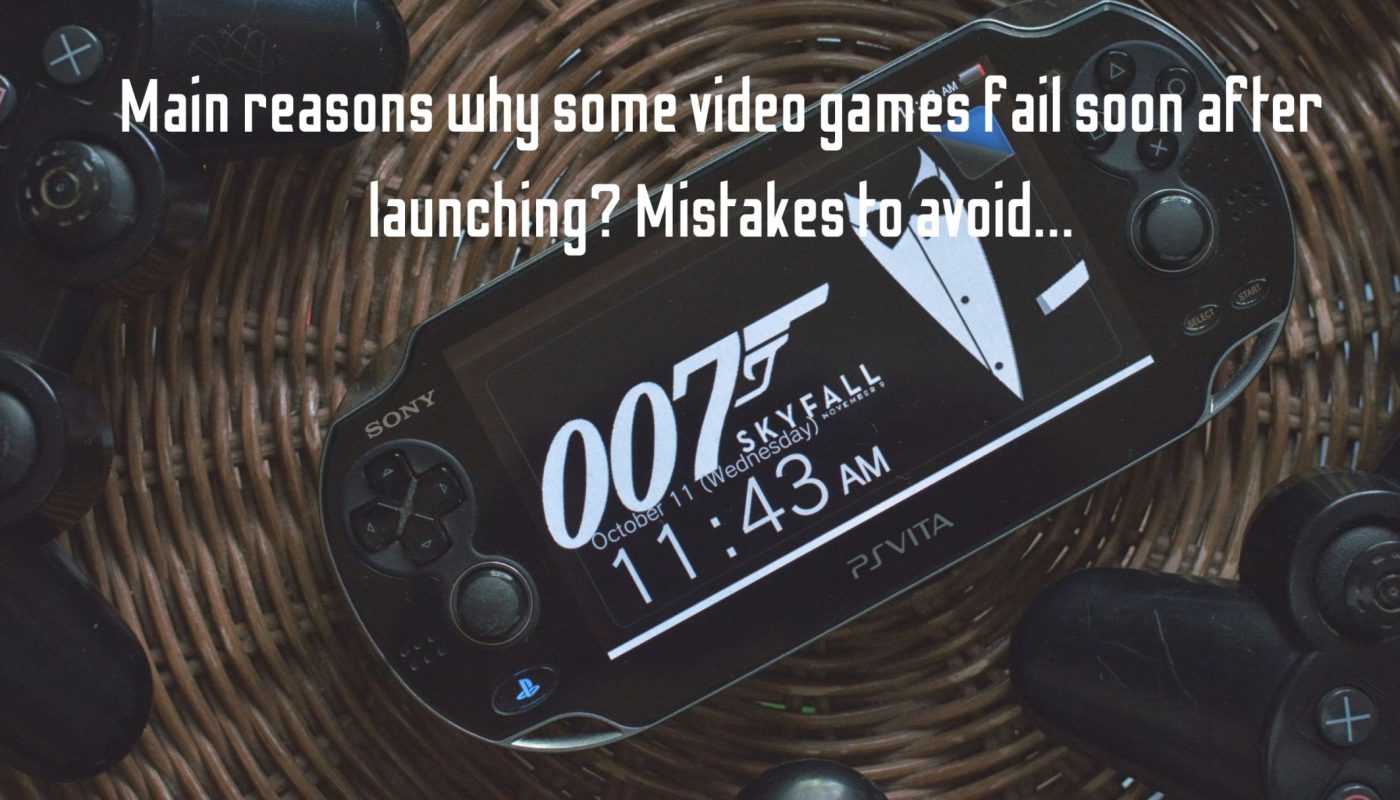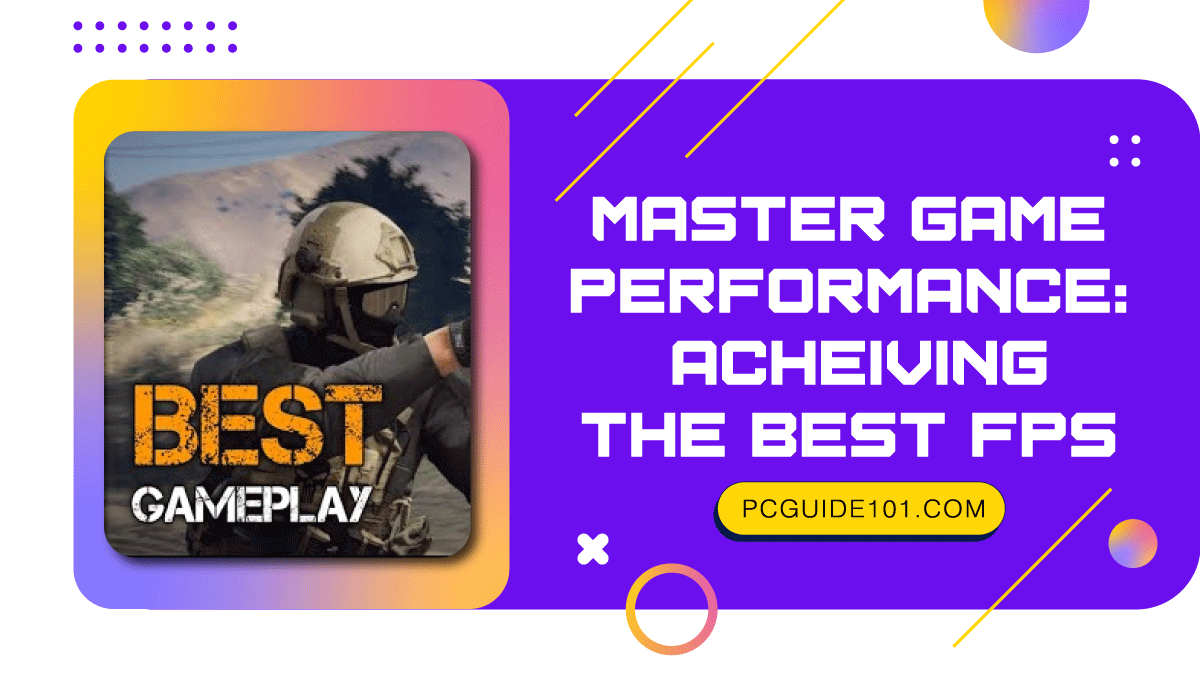Page Contents
Common Gaming Mistakes: How To Avoid Common Gaming Mistakes
How to avoid common gaming mistakes – When it comes to gaming, there are several common mistakes that players often make without realizing the impact they can have on their overall gameplay experience. These mistakes can hinder progress, lead to frustration, and ultimately affect the enjoyment of the game.
1. Ignoring Tutorials
One common mistake that gamers make is skipping or ignoring tutorials at the beginning of a game. Tutorials are designed to help players understand the game mechanics, controls, and objectives. By skipping tutorials, players may struggle to navigate the game world, complete tasks, or utilize important features effectively.
2. Not Managing Resources Efficiently
Another common mistake is not managing resources efficiently within the game. Whether it’s health potions, ammunition, or in-game currency, failing to manage resources properly can lead to unnecessary setbacks. Players may find themselves unable to progress due to a lack of resources or may have to backtrack to replenish them, slowing down their overall progress.
3. Overlooking the Importance of Communication
Communication is key, especially in multiplayer games. One mistake that players often make is overlooking the importance of communication with teammates. Failing to communicate effectively can result in miscoordination, missed opportunities, and ultimately, defeat. By communicating effectively, players can strategize better, coordinate actions, and achieve success as a team.
Role-playing games, often abbreviated as RPGs, are a popular genre in the gaming world. These games involve players taking on the roles of fictional characters in a fantasy setting. One of the most famous RPGs is Role-playing_game , where players embark on epic quests, battle monsters, and make decisions that impact the game’s story.
Importance of Understanding Game Mechanics
Understanding game mechanics is crucial in avoiding mistakes as it allows players to make informed decisions, strategize effectively, and ultimately improve their gameplay experience. Without a solid grasp of game mechanics, players may find themselves making errors that could have been easily prevented.
Role-playing games, also known as RPGs, are a popular genre of video games that allow players to immerse themselves in fictional worlds and take on the roles of characters within the game. These games often involve complex storylines, character development, and strategic gameplay. If you’re interested in learning more about role-playing games, you can check out this Role-playing_game link for a detailed overview.
Tips for Learning and Mastering Game Mechanics
- Read the game manual or tutorial thoroughly to understand the basic rules and mechanics.
- Experiment with different strategies and approaches to see how they impact the game.
- Watch tutorials or guides created by experienced players to gain insights and tips on mastering game mechanics.
- Practice regularly to enhance your skills and understanding of the game mechanics.
Examples of Avoiding Mistakes with Strong Game Mechanics Knowledge
Having a strong grasp of game mechanics can prevent errors such as:
- Accidentally using the wrong item in a crucial moment due to not understanding its effects.
- Making poor decisions in combat because of a lack of understanding of enemy weaknesses and strengths.
- Failing to complete a puzzle or level because of not utilizing a specific game mechanic effectively.
Strategies for Decision Making
When it comes to gaming, making informed decisions can be the difference between success and failure. By employing strategic decision-making techniques, players can navigate challenges more effectively and increase their chances of winning.
Importance of Patience
One key strategy for making decisions in games is to practice patience. Rushing into choices without fully assessing the situation can often lead to negative outcomes. Taking the time to evaluate all available options and considering the potential consequences can help players make more calculated decisions.
Adaptability and Flexibility
Another important aspect of strategic decision-making is the ability to adapt to changing circumstances. Games are dynamic environments, and what may have worked in one scenario may not work in another. Being flexible and willing to adjust strategies on the fly can give players a significant advantage.
Utilizing Resources Wisely
Effective decision-making also involves utilizing in-game resources wisely. Whether it’s choosing the right weapon, allocating skill points strategically, or managing inventory efficiently, making informed decisions about resource management can greatly impact gameplay outcomes.
Consequences of Hasty Decisions
On the flip side, hasty decision-making can have detrimental effects on a player’s progress. Acting impulsively without considering all factors can lead to missed opportunities, failed missions, or even defeat in a game. It’s essential to weigh the pros and cons of each decision before committing to a course of action.
Examples of Strategic Decision-Making, How to avoid common gaming mistakes
Strategic decision-making can manifest in various ways in games. For instance, in a real-time strategy game, deciding when to launch an attack or fortify defenses can determine the outcome of a battle. In role-playing games, choosing which skills to level up or which quests to prioritize can shape the character’s development and storyline progression. By making calculated and strategic decisions throughout gameplay, players can enhance their overall gaming experience and increase their chances of success.
Tips for Time Management
Effective time management is crucial when it comes to gaming. Poor time management can lead to missed opportunities, slower progress, and increased frustration. On the other hand, good time management skills can help you make the most out of your gaming sessions and avoid common mistakes.
Setting Priorities
- Identify your goals for each gaming session and prioritize tasks accordingly.
- Focus on completing important objectives first before moving on to secondary tasks.
- Avoid getting distracted by side quests or non-essential activities that consume time without contributing to your progress.
Utilizing Time Blocks
- Allocate specific time blocks for different activities within the game, such as leveling up, exploring new areas, or completing quests.
- Set timers or reminders to help you stay on track and prevent spending too much time on one task.
- Take short breaks in between tasks to maintain focus and avoid burnout.
Avoiding Multitasking
- Avoid trying to do multiple tasks simultaneously, as it can lead to decreased efficiency and increased chances of making mistakes.
- Focus on one task at a time and give it your full attention to ensure optimal performance.
- Complete each task before moving on to the next to maintain a steady pace and avoid feeling overwhelmed.





